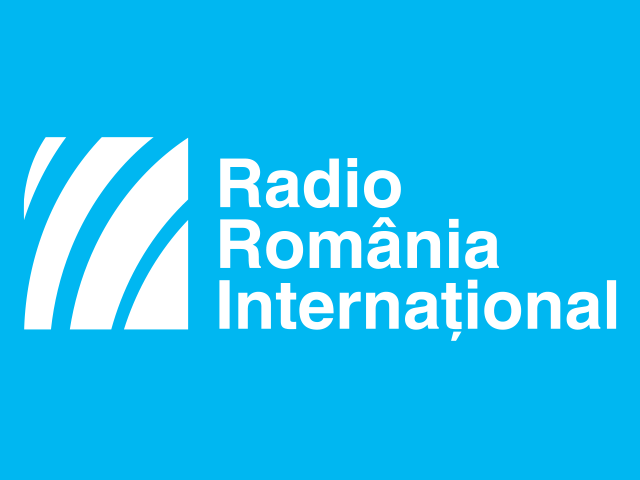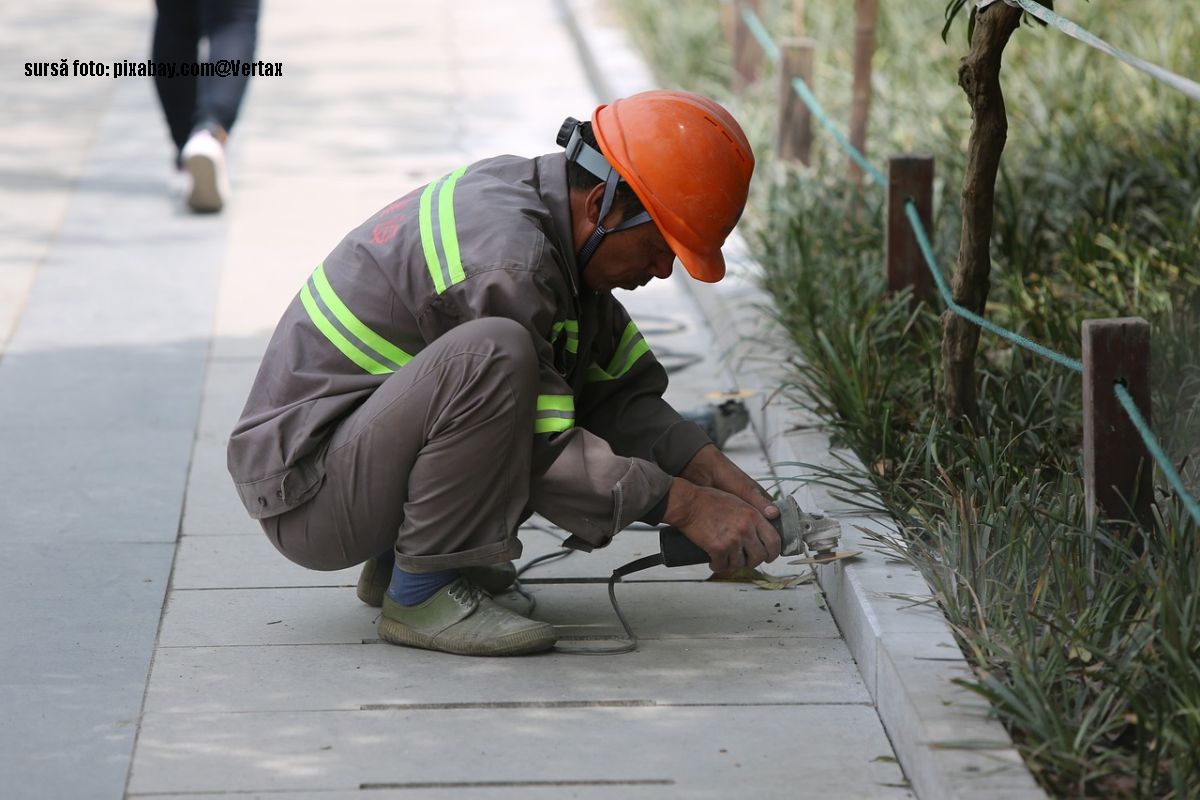Teenage mothers and pregnant women in disadvantaged rural communities
Teenage mothers have 10% of all births in Romania

Roxana Vasile, 12.07.2023, 14:00
Teenage mothers have 10% of all births in Romania. At the same time, 45% of births in the EU by girls under 15 occur in Romania, which beats every European measure in this index. This data comes from the Save the Children organization, in a report that also makes the link between the level of education and the age of girls in disadvantaged rural communities who give birth.
85% of under 18 mothers and pregnant women are drop-outs, and most drop out before getting pregnant. One out of 10 admits that they have never been to school, and three quarters of them stopped going to school before 8th grade.
What is also very worrying is that 4 out of 10 mothers or expectant mothers do not access other medical services during their pregnancy than the family physician. One third of future young mothers say that they never had a medical check-up, the main reason being lack of money. Half of their families have a monthly revenue of about 200 Euro. At the same time, 80% of them have never used contraceptives, mostly for lack of information.
These statistics from the Save the Children foundation also show that three quarters of the minors who give birth or are pregnant have relatives or acquaintances that gave birth while under 18. Also, one third of them are themselves the daughters of minor mothers.
As an example, in Salaj, in the northwest of the country, dozens of girls are supported by a special program built by a special working group created at the county level. With this program, minor mothers get medical, social, and education programs in order to integrate in society. Here is Violeta Milas, director of the Social Services and Child Protection Department of Salaj:
“Most of them are from the countryside. It is an environment in which these young women or children, these minor mothers lack identity papers, birth certificates, their families are gone elsewhere. When they go to the hospital to give birth, there is no birth certificate or ID papers. Registering a child is no problem. Based on these families culture and education, giving birth at this age is normal. We had to first teach them some basic things related to hygiene, and then try to get them to manage to raise their own children. In communities where there are trained social workers and community physicians, that is where we see results, in the sense that they are monitored, they are taught certain things, and the situation of these mothers gets easier.”
In Bucharest, the Ministry of Health reinstated a year ago, after a long absence, a structure to deal with the health of mothers and children. They are also working on setting up 200 integrated community centers nationally, placed in areas with vulnerable populations, offering them both medical and social services. However, as Health Minister Alexandru Rafila confirmed, in order for young mothers and expecting girls to have access to medical and social services, central authorities have to be in partnership with local ones.
Minister Rafila also believes that education is essential, and that the number of underage pregnancies would reduce if school would be more prevalent, and if health education would become a permanent part of the curriculum:
“I believe that the main problem is access to education, and, next but not second, because they stem from one another, access to health education. Access to health education is very important, it is multi-disciplinary, it does not necessarily have to do with sex education, and we have to avoid being stuck only in this area, that of sex education. We have a new minister of education, and I am convinced that a solution can be found, so that health education becomes an obligatory subject, adapted for all ages, as part of the curriculum. However, we cannot have health education if these kids dont go to school. I think it has to do with the cultural background, they are often a part of minority groups, vulnerable groups which traditionally marry their children at young ages, who as a result will have children themselves.”
In July 2022, Romania passed a law regarding the introduction, starting in 8th grade, of health education classes that children can attend with their parents approval. According to Diana Paun, a presidential adviser, this health education is a priority, because it is a filter through which an opportunity is offered to present and future generation an opportunity to make informed and responsible decisions. Adviser Diana Paun also promised further changes:
“Within health education, sex education is a major component which has the potential to change these sad statistics, not to call them grim. In the countryside and isolated communities, there is the greatest need for a functional network of medical services, sex education, family planning services, and the National Plan for Recovery and Resilience made this a priority. One major pillar of the plan is investing in furbishing and restoring the family planning venues in vulnerable regions, with a high level of teenage pregnancies and STDs, and that would contribute to substantial improvements.”
In conclusion, there are many needs on many levels. A reform to lead to profound changes should also aim at human resources in healthcare, providing the necessary number of professionals with adequate training and an optimal geographical distribution. What also needs to be done is a collection of information, in order to gain a birds eye view of the health situation of mothers and children in socially isolated communities. What is also essential is maintaining communication between public social assistance services, medical services, and educational institutions. All these, and many more, are essential. It is well known that underage pregnancy runs greater risks, on the one hand. On the other, it exposes young to-be mothers to the risk of dropping out of school, and of entering a vicious circle of poverty, which generally reflects on the next generation.






























